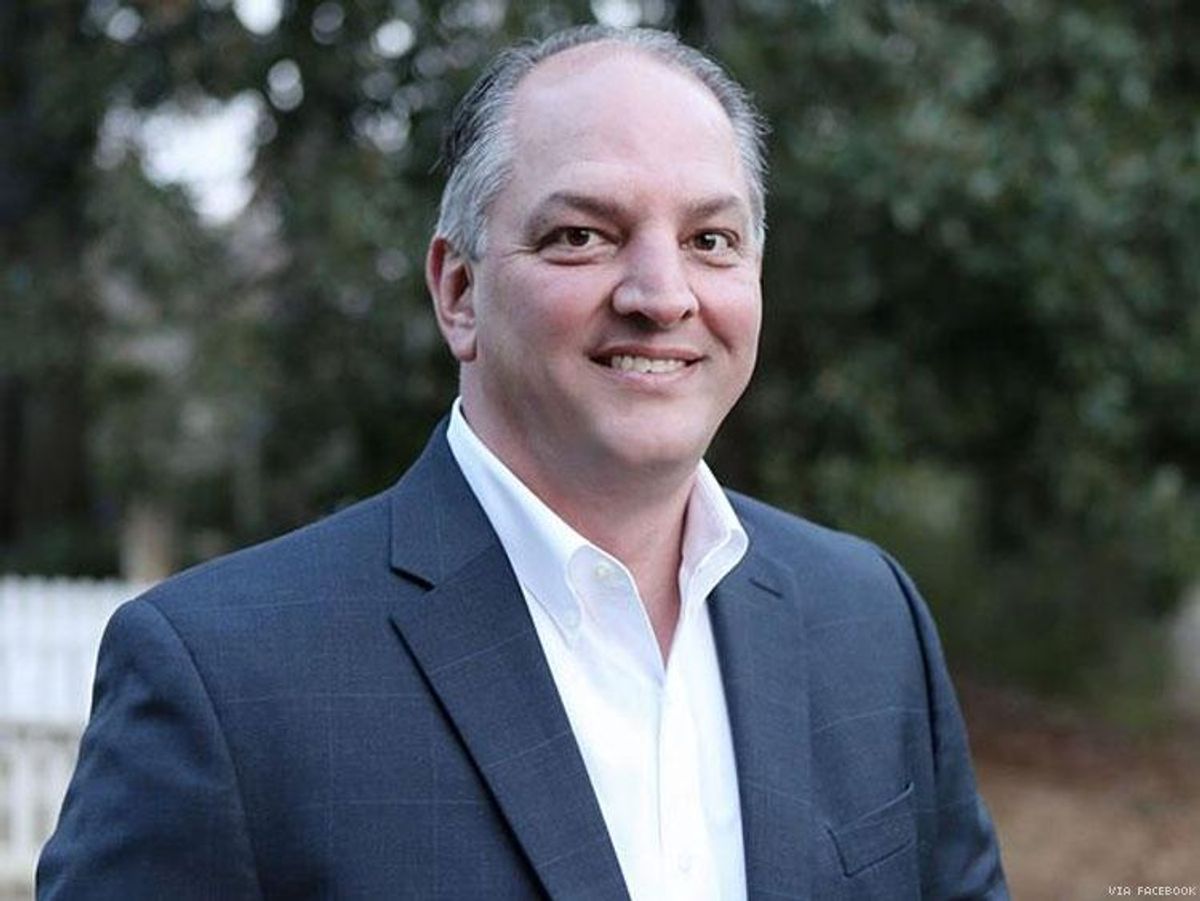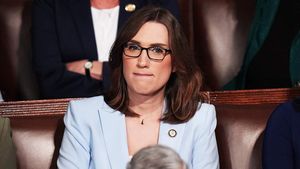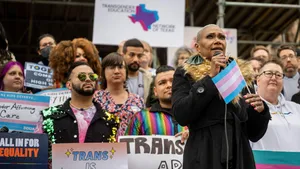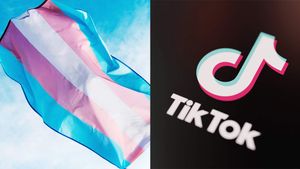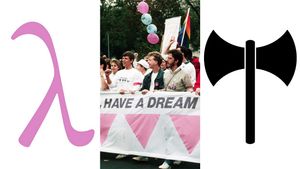In a great victory for the residents of Louisiana (especially those living with HIV or other chronic conditions), Governor-elect John Bel Edwards has pledged to immediately roll out Medicaid expansion. Like many other conservative states in the deep south, Louisiana had previously rejected the federally-funded Medicare expansion available under the Affordable Care Act.
Edwards wants to reverse that decision and get thousands of people enrolled by July 1, 2016, and he’s willing to go up against the Republican-led state Legislature to do it. The Democrat, who takes office Monday, says he’ll issue an executive order "within 24 hours from being sworn in" to begin the process to expand Medicaid. (Read more about what Medicaid expansion can mean for people with HIV here).
As AP reported yesterday, in order to meet those ambitious goals, Incoming Health and Hospitals Secretary Rebekah Gee acknowledges the state will need to hire an additional 250 new health department workers. For a state that has a long-standing budget problem, finding the funds to pay those workers could be a significant hurdle, but Edwards insists, "There is not a challenge there that we won't meet and overcome, because it's too important for the state."
Gee said she was confident the expanded Medicaid coverage could begin in six months. But, she added, "I can't promise you that every single person with a Medicaid card can get seen that day."
Under the expansion an estimated 300,000 people, most of them categorized as "working poor," could qualify for Medicaid, which covers adults making up to 138 percent of the federal poverty level (about $33,400 for a family of four.)
Former Louisiana Governor Bobby Jindal refused to expand Medicaid, opposing it by saying it was too expensive for the state, though like many Republicans he was generally opposed to the ACA (dubbed Obamacare).
Edwards on the other hand is eager to accept the millions of dollars in federal funding that's available to provide insurance coverage to Louisiana's poor, calling it the right moral and financial choice.
The federal government covers the initial full cost of an expansion program, but states eventually need to pay for 10 percent of the expenses. Louisiana doesn't have a plan for fully paying that cost down the line, nor has Edwards detailed how the state will cover the costs of paying additional health department workers.
Gee said the Jindal administration's health department staff estimated the cost for salaries, training, and equipment to be $2 million.
Getting people signed up for the expanded Medicare is only one step and it doesn’t guarantee they’ll find doctors willing to see them. Some health providers refuse to see Medicaid patients on grounds that the billing process is too cumbersome and offers too little financial reimbursement. Gee says this is why she's also planing to work with providers.
One of the main areas of focus for the administration, Gee added, is persuading medical providers want to see Medicaid patients, helping them want to see patients "by assisting them with better customer service, better communication, simplifying whenever possible how they're able to deliver services for this population."
